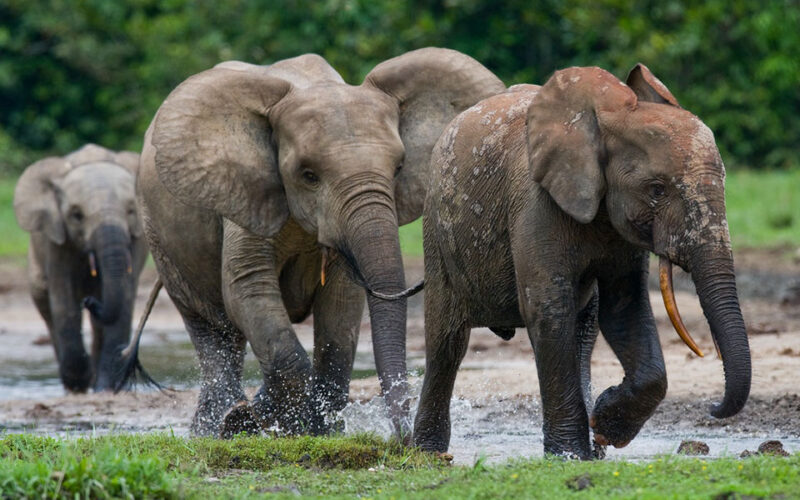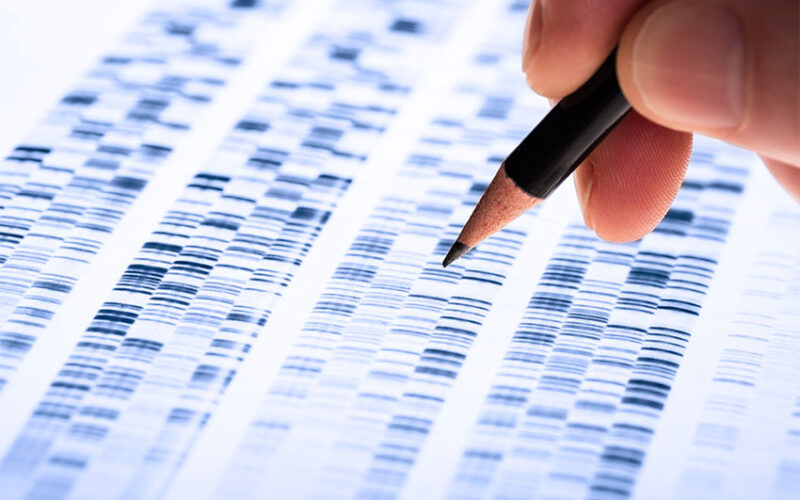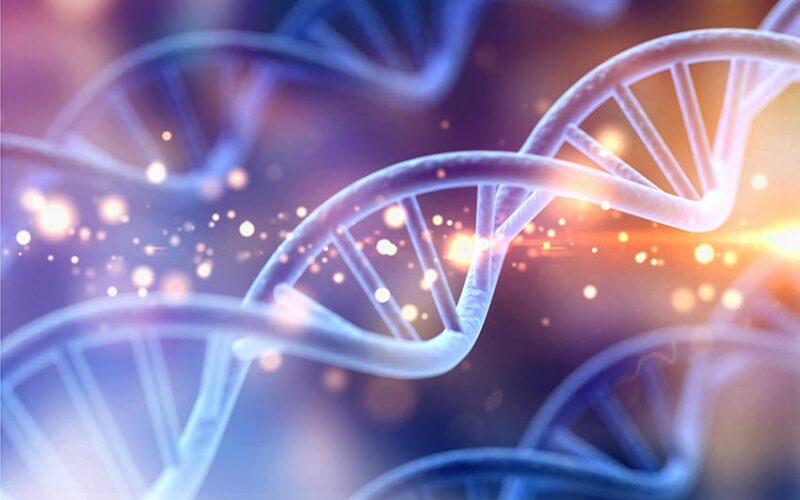
A first for large African mammals: DNA used to count Gabon’s endangered forest elephants
ACROSS the African continent the populations of both species of African elephants – forest and savanna – have been declining due to habitat loss, poaching and human-wildlife conflict. Author FIONA MAISELS, Wildlife Conservation Society, African Elephant Specialist Group (IUCN) and Honorary Professor, University of Stirling Forest elephants are listed by the International Union for Conservation of Nature as “Critically Endangered” – a category for species that have declined over 80% within three generations. And it has listed savanna elephants as “Endangered” – indicating a decline of over 50% within three generations. But there remains some areas where there is both…


